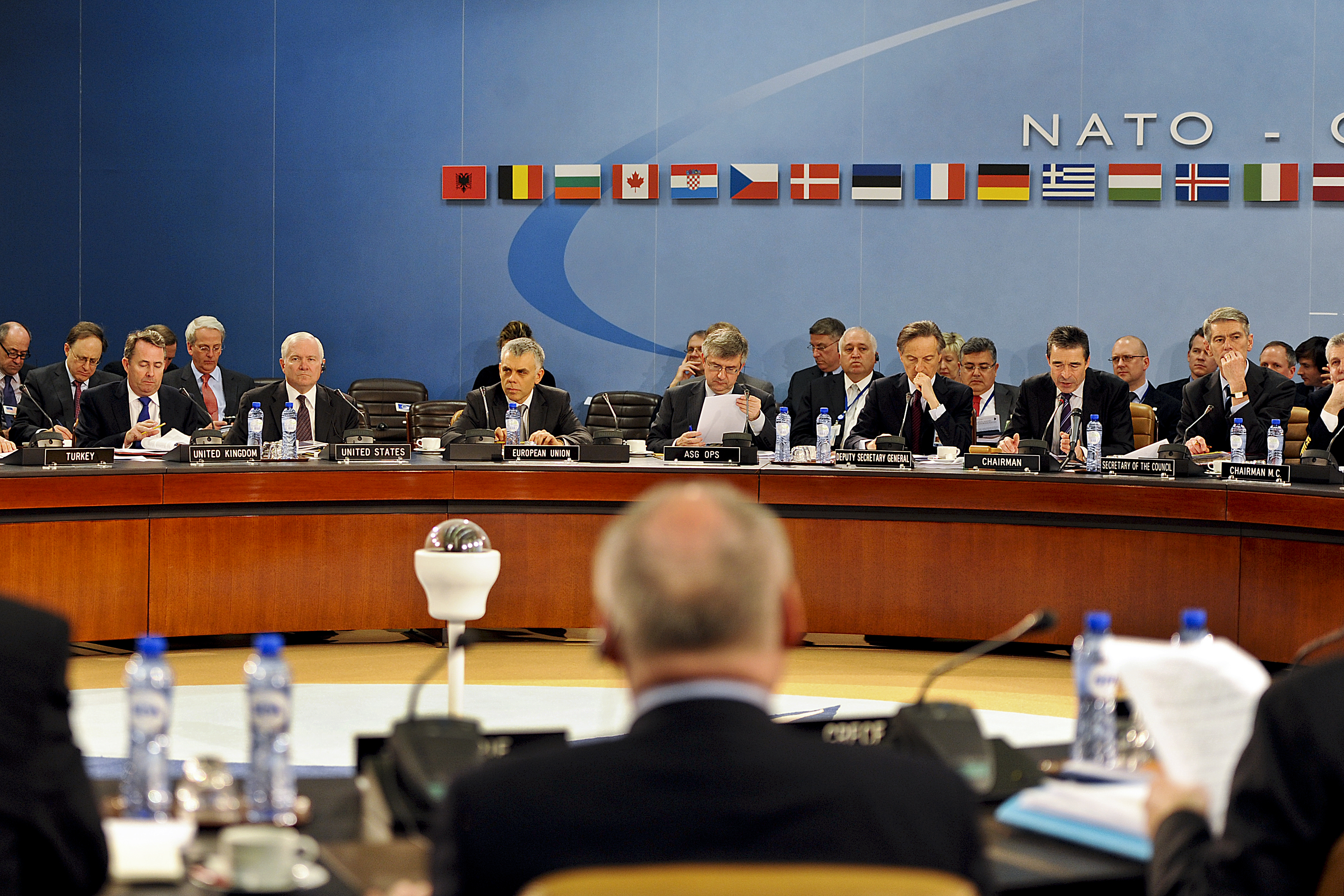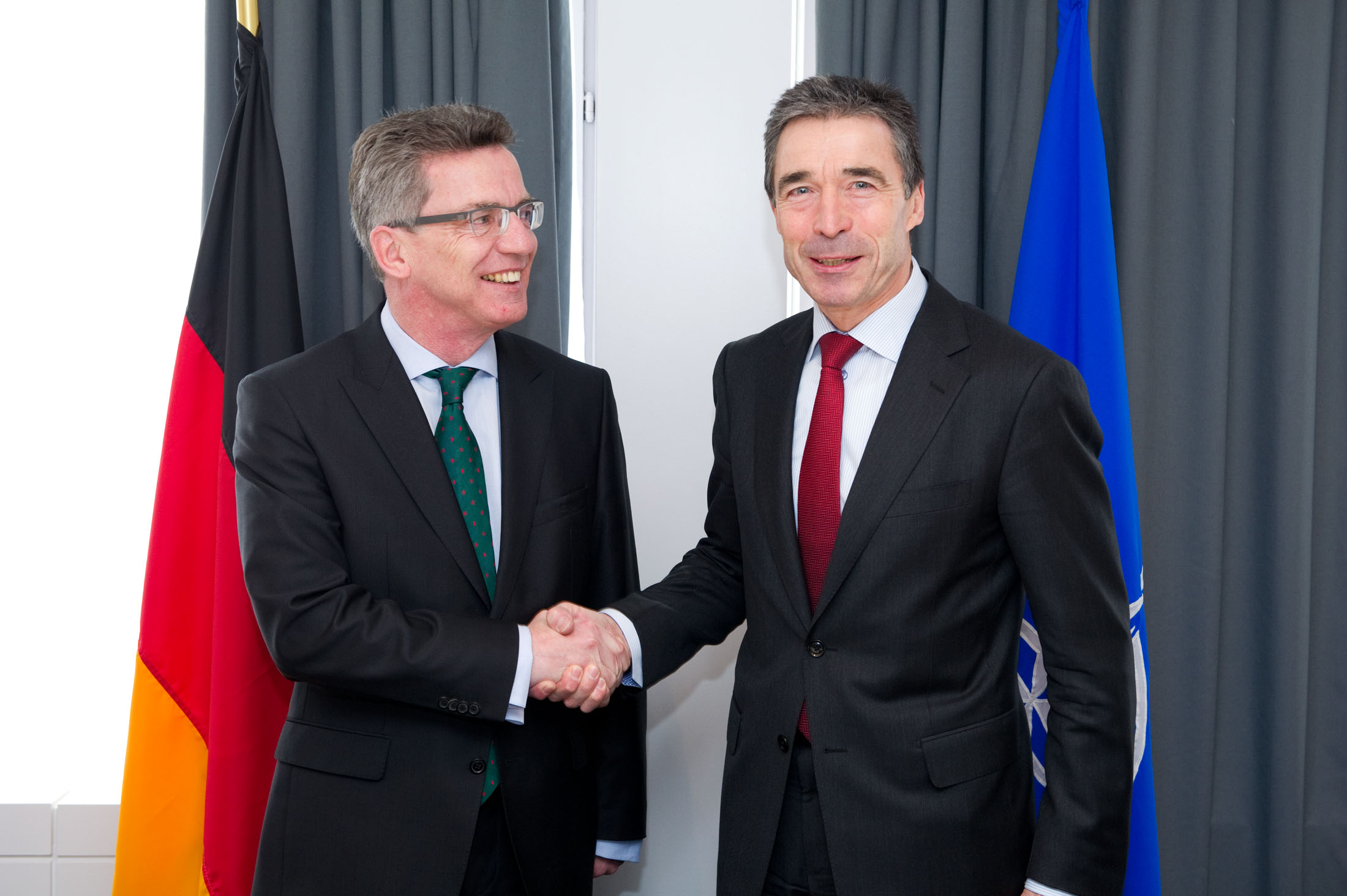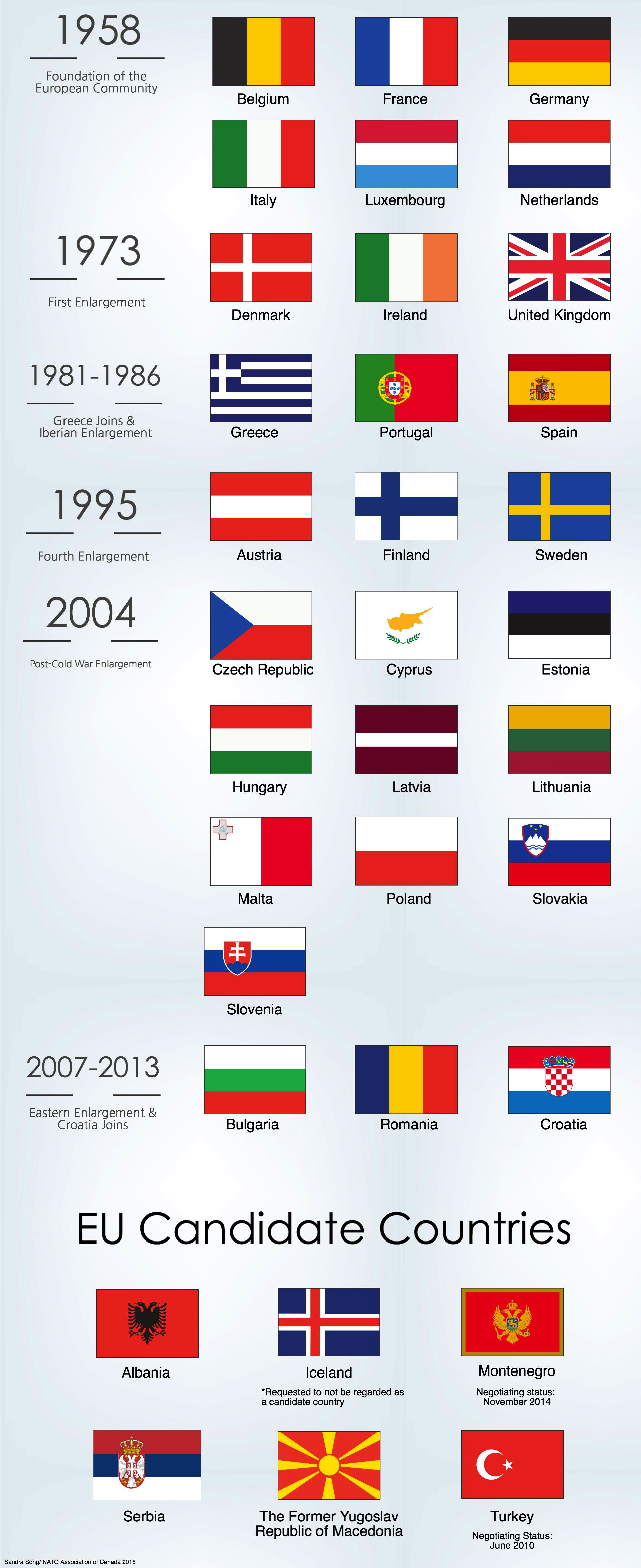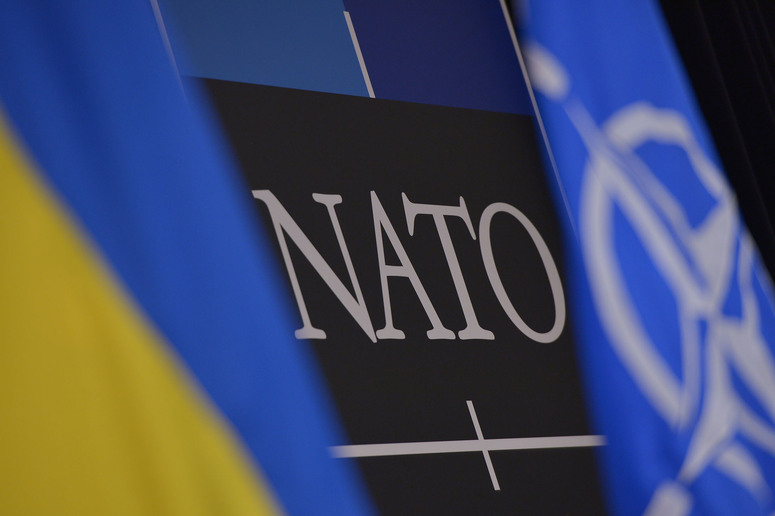Canada’s relationship with multilateral institutions, including the United Nations, NATO, and regional organizations, has undoubtedly changed under Prime Minister Harper. As foreign affairs have been steadily reoriented toward economic diplomacy, critics have charged that Canada has gradually distanced itself from international fora.
Some have accused Canada of participating fully only in those multilateral forums that could advance Canada’s interests. In a recent article for the Globe and Mail, Roland Paris enumerated the number of ways in which Canada’s standing in multilateral bodies has diminished. Once a leader in multilateral arms control, it is now the only NATO member that still has not signed the Arms Trade Treaty on conventional weapons. It is the only country in the world to withdraw from the UN Convention to Combat Desertification; it has only recently named its first ambassador to ASEAN this past summer, lagging far behind other western countries in the region; and many more. The biggest blow, however, was Canada’s loss of a bid for a seat on the Security Council in 2010.
Former Canadian Prime Minister Jean Chrétien engaged in the federal election campaign recently by issuing a blistering critique of Stephen Harper’s foreign policy. In an open letter published in three newspapers, he accused the Harper government of “[tarnishing] almost 60 years of Canada’s reputation as a builder of peace and progress” by distancing itself from the country’s “exceptional international reputation” and “commitment to multilateral approaches and solutions to international conflicts.” In the past, Chrétien argued, “Canada has managed to assert repeatedly both its independence and its commitment to international institutions such as the UN and NATO in international relations” – but now the Conservative government has “shamed Canada in the eyes of Canadians and of the international community” by bypassing international institutions and engaging in military interventions in Iraq and Syria.
Of course, not everyone sees it that way. In a recent article for Open Canada, former Chief of Staff to Prime Minister Harper, Ian Brodie, disagreed with the accusations that the Conservative government had undermined Canadian foreign policy by “denigrating international institutions and energetic multilateralism”. Instead, he argues, Harper has engaged with the world in ways that, while different, reflect the changing international order. For Brodie and other Conservatives, Harper has been “appropriate in his multilateralism”, “ready to stand for democratic allies and oppose terrorist organizations”, and “reluctant to embrace the honest broker role when vital principles are at stake”, adding up to a better role for Canada. In the future, the Conservative party has promised to emphasize economic and trade diplomacy and prioritize relations with “like-minded” partners, which include the Five Eyes (the U.S., U.K., New Zealand and Australia), as well as the Pacific Alliance, made up of Chile, Peru, Colombia, and Mexico.
On the other hand, the Liberal Party has promised to return Canada to a leadership role at the UN. The party has been scathing in its critique of the Conservative government’s approach to multilateral institutions. With a tradition of championing multilateralism through such leaders as Lester B. Pearson and Pierre Trudeau, the Liberals believe that Canada is uniquely suited to lead through the UN and work with allies to promote cooperation, tolerance, and respect. If elected, they have pledged to “renew Canadian multilateralism” by helping shape new institutions and reform existing ones, arguing that the UN remains best-placed to tackle global issues such as climate change.
The NDP’s approach to multilateral institutions is mainly focused on development. They have pledged to set a multi-year timetable to increase the official development assistance budget to 0.7% of gross national income (GNI), focusing specifically on increasing funding for women’s organizations, family planning and reproductive and sexual health services in the developing world. They have also been critical of Prime Minister Harper’s approach, claiming that the government has “walked away from a decades-old cross-party consensus on what constitutes constructive foreign policy” by turning their back on “the open and progressive multilateralism that enabled Canada to be such an effective middle power”. Like the Liberals, the NDP has promised a return to what they call Canada’s traditional role as a mediator, which would include such policies as re-establishing diplomatic relations with Iran and a renewed focus on Africa. Unlike the Liberal Party, the NDP has pledged to support upgraded status for Palestine at the UN.




